Is a scholarship enough to make up for the 1923 Rosewood massacre?
In a town haunted by racially motivated murder, Robert Samuels explores if reparations for the descendants can make up for the sins of the past
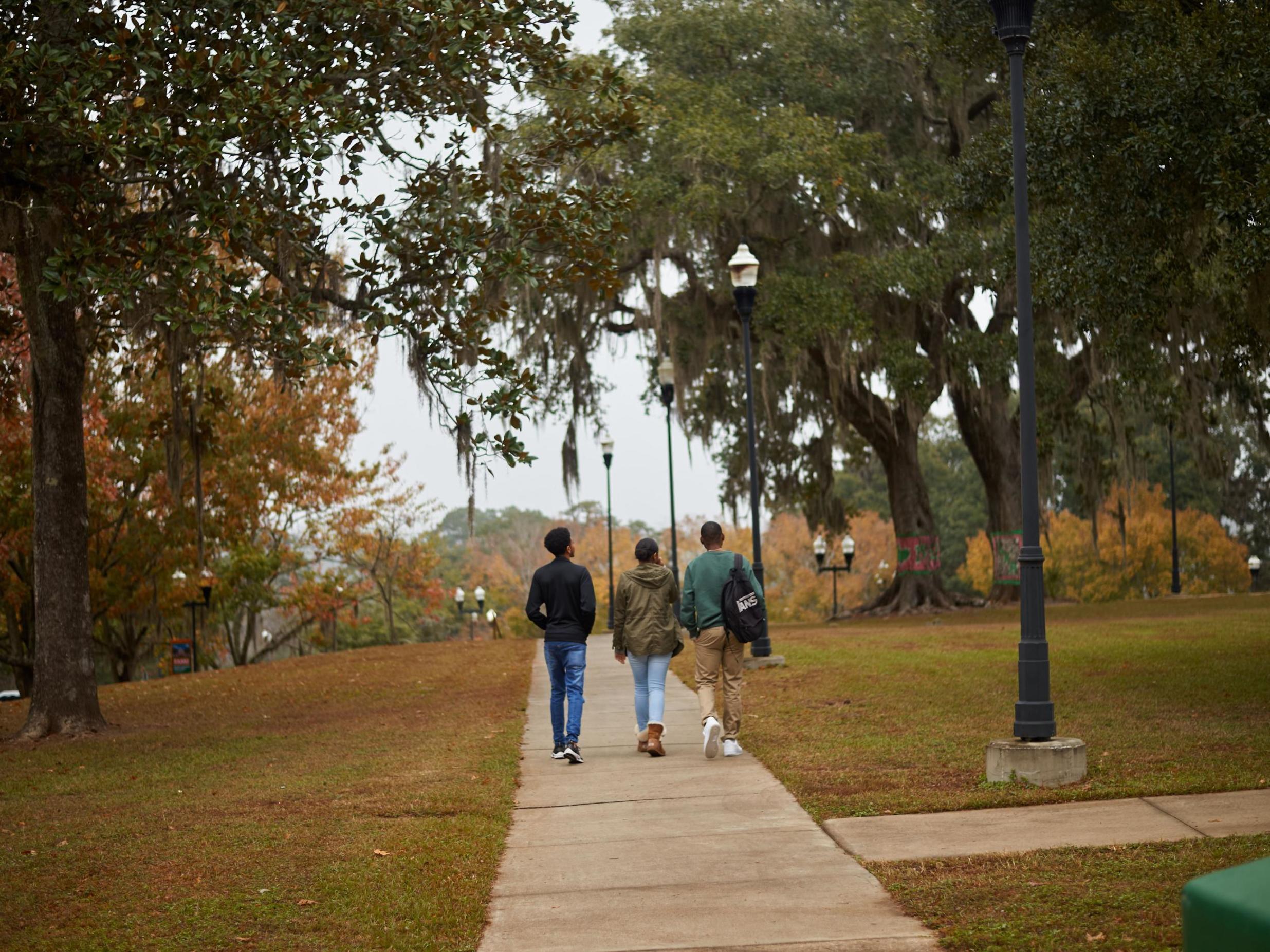
Ever since Morgan Carter was a little girl, her grandmother would tell her a story. It was about an old mill town, deep in the backwoods of north Florida – a place where black people did well for themselves. The town was called Rosewood. That’s where Carter’s great-grandfather Oren Monroe was born.
In 1923, when Monroe was eight years old, an all-white mob burnt the town to the ground. They killed six people, maybe more. He escaped with a group of women and children on an unusually cold night, wading through a swamp before boarding a train that took them to a safer place. Carter was destined to be the story’s happy ending. Because of the pain Monroe’s community suffered, the Florida legislature passed a law in 1994 allowing descendants of Rosewood to go to college in the state tuition-free. The law is regarded as the first instance of a legislative body in the United States giving reparations to African Americans.
More than 25 years after the law passed, Carter slumped over a textbook on an empty dining table. It was December, and finals were approaching. She was most of the way through a six-year programme at Florida A&M University (Famu) to earn a pharmacy doctorate, one of the school’s most intensive programmes. She closed her textbook, frustrated; then she opened it again. “I can’t mess this up,” she said. “If I mess this up, I mess it up for me and my cousins and people I don’t even know.”
In the world outside Carter’s stressful college bubble – she is continuing her studies online from her Tallahassee apartment because of the coronavirus outbreak – politicians had been debating reparations for black Americans with unprecedented vigour. A bill to study the issue got its first hearing in Congress last year, and virtually every Democratic presidential candidate pitched a racial justice platform as way to atone for the country’s original sin.
Even so, supporters of reparations acknowledge the stumbling blocks of figuring out the appropriate way to pay back black Americans for centuries of enslavement and systemic discrimination. They also face the challenge of persuading sceptical lawmakers who consider reparations a pipe dream with no lasting effect.
The Rosewood bill stands out as a rare example of a group overcoming those challenges – and the impact of the law lingers across campuses such as Famu. Since 1994, 297 students have received Rosewood scholarships, according to state records. But what can a scholarship do to address a historic injustice? For Carter and her family, reparations change the frame of a tortured past. The Rosewood story no longer ends with a scared boy running through the woods; it continues with graduation robes and diplomas, potentially the family’s first doctorate.
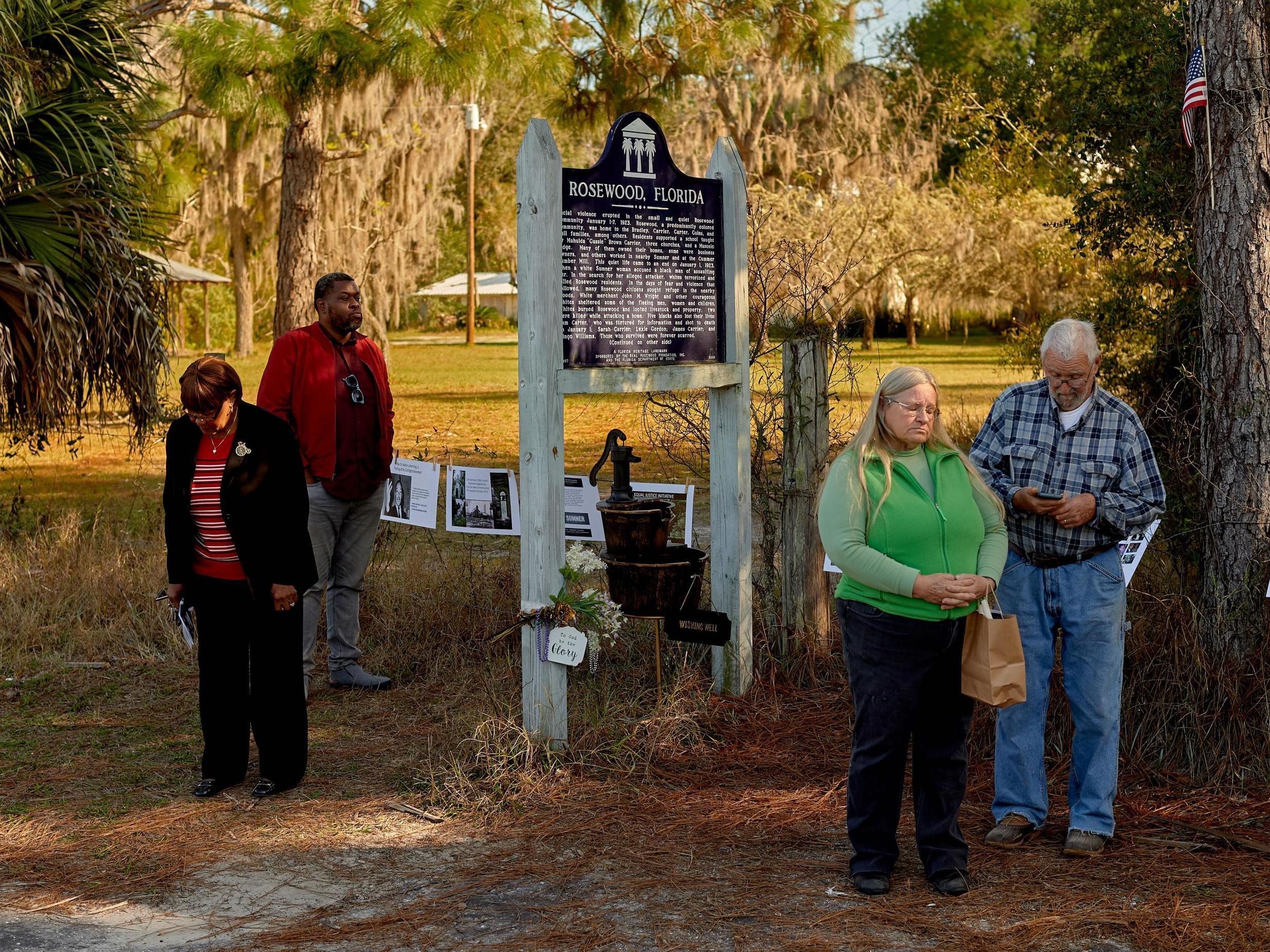
But even as the scholarship has been the engine to propel family ambitions, it has also ensured that the story of Rosewood hangs over it like a shadow. A heaviness – a sense of purpose but also of worry – has been passed down from generation to generation. “We’re not doing this just for us,” Carter, 21, remembers her grandmother saying. “You always have to be the best and prove a point, simply because of who you are and what your family has gone through.”
Carter has not studied the specific details of her great-grandfather’s journey. He died in 1976. But to know this story of his past, even by its loosest contours, is to understand the cruelty of racism, the potential depravity of a neighbour.
She tries not to think about it too much. But when she does, when things get stressful, she finds herself consumed by questions. They are the same questions that have lingered over her family for generations and that tortured Oren Monroe: how much should the past determine the future? And when is it time to move on?
The survivors were from families that had visible symbols of wealth – two-storey homes with organs and pianos – before the mob had burnt it all down over six days
Only a handful of groups have received reparations in the US. In the 1990s and 2000s, court settlements led to payments to black men who were unknowingly infected with syphilis for medical studies and to low-income women who were forced to be sterilised. In the 1980s, the federal government provided checks to Japanese American families, which were forced into internment camps during the Second World War, and land and cash were given to Native American tribes slaughtered in the name of Manifest Destiny.
Still, until recently, the idea of reparations for African Americans had been considered fringe politics in a country still struggling to reconcile its fraught racial history. And then there is Rosewood. Over two years, a group of elderly survivors – working in tandem with some of the state’s most powerful lobbyists – persuaded a conservative state government to take responsibility for the pains of their forebears.
The survivors were from families that had visible symbols of wealth – two-storey homes with organs and pianos – before the mob had burnt it all down over six days. No law enforcement agency tried to rescue them. In a country where wealth is largely inherited, the families escaped with nothing.

As adults, they worked menial jobs: shining shoes, cleaning utensils, standing in factory lines. And in their life’s twilight, they still had nightmares about the fires they witnessed as children, just as other incidents of white mob violence – similar incidents happened in Wilmington, North Carolina; Ocoee, Florida; and Tulsa, Oklahoma – haunted other black families. “We wanted the case to be a blueprint for other cases across the country,” says Stephen Hanlon, a lawyer for Holland and Knight, who helped craft the bill. “We said back then that this was a single incident unlike any other, that it was just this one case. But that was bullshit.”
At first, the challenges seemed insurmountable. Lawmakers worried about being flooded with other reparations cases from different incidents, crowding the legislative agenda and draining the state’s coffers. They wondered how they could possibly translate an incident of racial terror into dollars and cents. Some even doubted the incident actually happened.
Hanlon’s firm developed a plan. Working with Rosewood descendants, it pushed the legislature to commission a study on the issue, so historians could verify the survivors’ story. Then they started an international media campaign to raise awareness of the Rosewood massacre – partially to coax support from the state’s Black Caucus, which feared the issue was too divisive.
The families had dreamed of a claim as large as $1m per family, but lawmakers – even the bill’s co-sponsors – told them they would reject a bill that was so costly
They figured out that the way to get conservatives to support reparations was to avoid the topic of race. With the help of a Republican lead sponsor, they argued the Rosewood bill was about the loss of property rights, and the government neglecting its obligation to protect its citizens from vigilantes. But Hanlon knew that the most important component, the thing that would compel the most sceptical lawmaker, was the testimony of living witnesses.
Lawmakers kept seeing elderly African Americans – one in a wheelchair, one blind – gingerly making their way through the bustling halls of the Capitol. They would grab lawmakers by the hand, look them in the eye and say: “Don’t forget about us.”
By the time the survivors were sworn in to give their official testimonies, the case had built up so much momentum that Hanlon was sure the families would win. The only question left was: how much should they get? Originally, the families had dreamed of a claim as large as $1m (£906,000) per family, but lawmakers – even the bill’s co-sponsors – told them they would reject a bill that was so costly.
A state arbitrator known as a special master arrived at a different calculation. He concluded that no amount of money would ever satisfy survivors who endured such loss, so it was not worth an attempt to quantify. Instead, he determined that living survivors were entitled to $150,000 (£135,850) – equivalent to the largest settlement the legislature had ever approved in a child abuse case. Families could also make claims for additional funds if they could find records proving their ancestors lost property during the massacre.
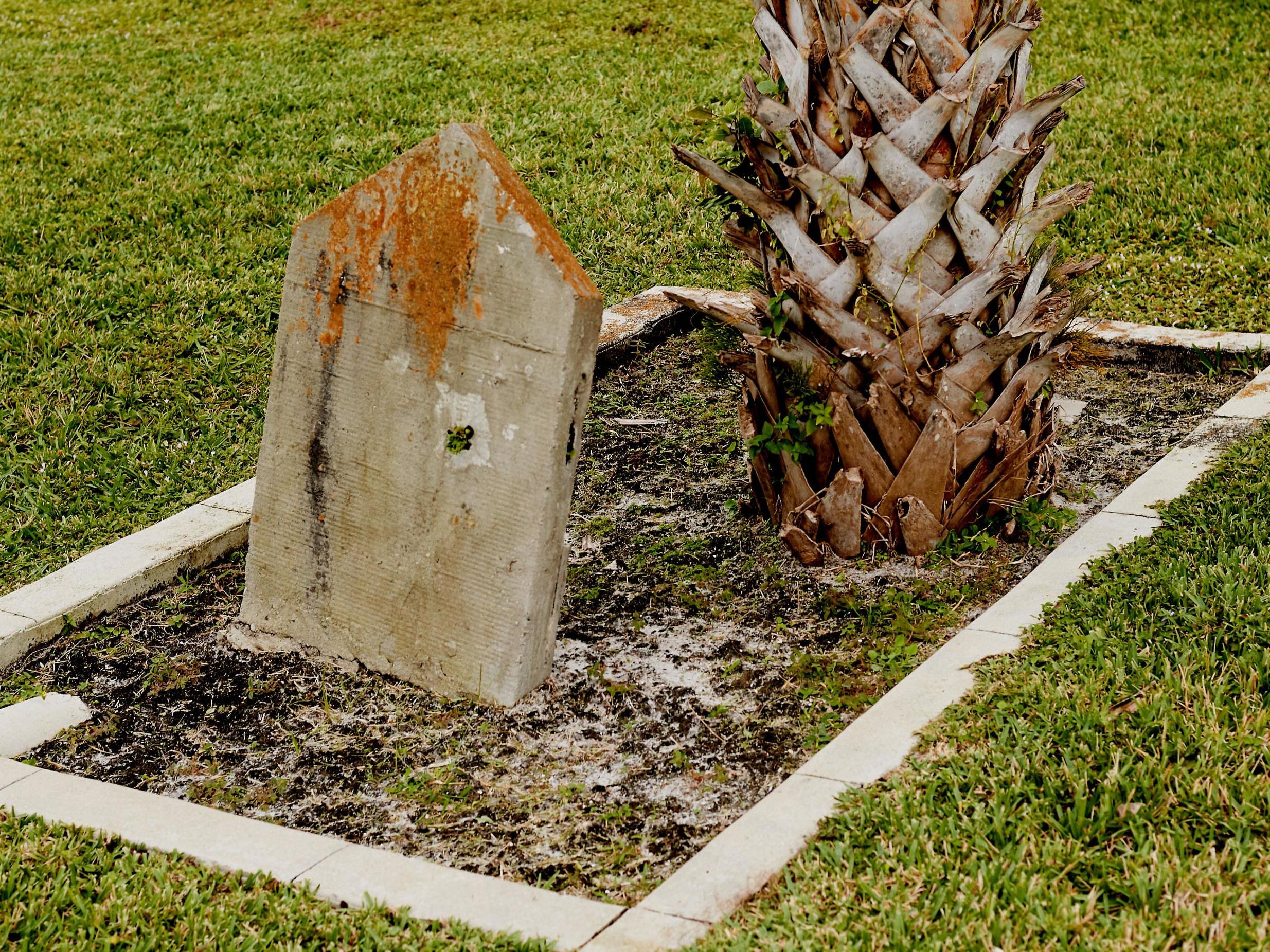
The bill cleared the state House easily and then the Senate 26 to 14 – nine Republicans joined 17 Democrats to vote yes – on the final day of the 1994 legislative session. There were only nine living survivors who would receive the full payouts, according to the state data given to The Washington Post. And their families did not receive much. By the time 143 descendants received checks from the state of Florida, the controversial action of reparations amounted to little more than a tax refund. Only half received more than $2,000 (£1803).
The survivors would eventually spend the money as quickly as they got it, in part to avoid family infighting. They bought new sofas and new houses, and donated to their churches. Anticipating how quickly the money would vanish, the lobbyists came up with one more idea, one way to help ensure the story of Rosewood would endure. That idea was the scholarship. Months after the bill passed, Carter’s mother, Natasha Twiggs, got a phone call.
But reparations changed everything. Rosewood was now an opportunity. In 1996, Twiggs became Oren Monroe’s first grandchild to use the scholarship to graduate from college
“Do you still want to finish college?”
Of course, Twiggs recalls telling her aunt. But Twiggs had no idea when. She was 21 and stopped going to class after she had a son, Carter’s older brother. A single mom, Twiggs was working to provide. “You might want to look into this,” Twiggs recalls her aunt saying. “Your family has a scholarship that will pay for you to go to school.”
Twiggs had no idea. She had paid no attention to the Tallahassee bill. Growing up, if she heard her elders speaking about Rosewood, she would go play outside. “It just seemed like adult stuff,” Twiggs says.
But reparations changed everything. Rosewood was now an opportunity. In 1996, Twiggs became Oren Monroe’s first grandchild to use the scholarship to graduate from college. She is now a school administrator. One of her favourite memories at Famu was seeing a section about Rosewood while flipping through a textbook in her African American studies class. Twiggs was so excited that she called her mother to learn more about the history she once tried to ignore.
Marie Monroe-Ames, now 64, was thrilled to share everything she knew with her daughter. A self-described history buff, she had grown up in a world where outsiders did not take her family story seriously. “It couldn’t be swept under the rug no more,” Monroe-Ames says. “No one can say it didn’t happen.”
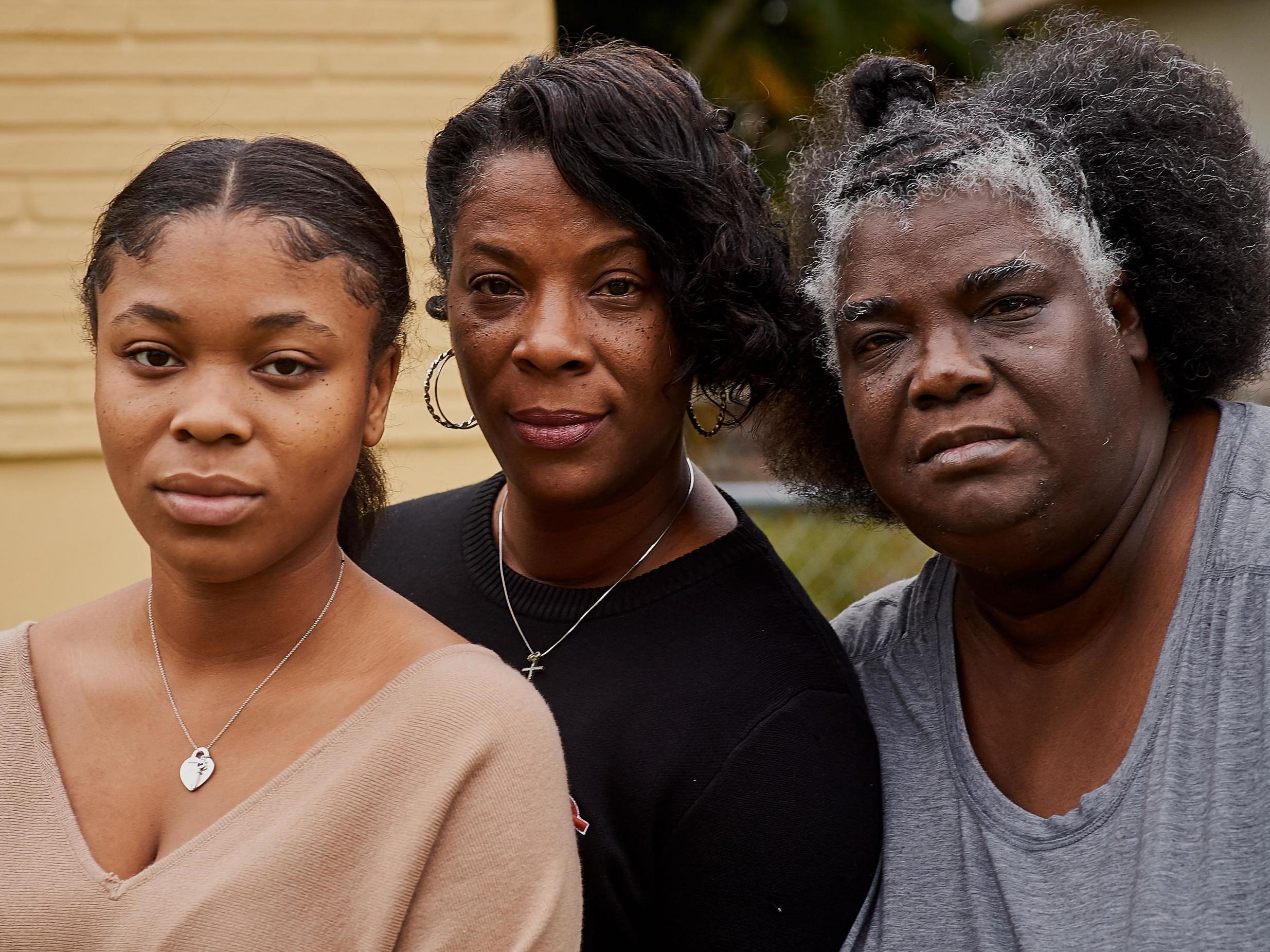
But something even more personal happened to Monroe-Ames when she heard the survivors’ testimonies. She felt as if she better understood her father, Oren Monroe. Her father was a good man, but he had a bad temper and would sometimes shake inexplicably. He was suspicious of white people. When schools were integrating, he sent her and her sisters to an all-black boarding school. He wouldn’t even allow white people to walk through the front door of the house.
Monroe was the proud son of Sophie Goins and John Monroe, whose family had a thriving lumber business in North Carolina, then a successful turpentine business in Rosewood. But his esteemed family lineage had been spoiled by the whites who descended on his community, seeking to avenge a white woman who claimed a black man had assaulted her. Before that night in 1923, blacks and whites in the nearby town had coexisted; some white boys even came to Rosewood to play baseball with them.
Monroe-Ames realised that her father could never trust people whose intentions could turn so suddenly. When the mob came, Oren Monroe and the other children were forced to hide in the house of a man named Sylvester Carrier, who shot two white men when they burst through his door. The mob retreated briefly before returning in greater numbers, forcing children – dressed only in their nightclothes – to suffer the indignity of fleeing through the forest, hiding like woodland animals.
For Monroe-Ames’s generation, the fight for reparations was about restoring their families’ dignity. They had started holding family reunions, reconnecting lines of their family tree. In doing so, they discovered reparations’ promise – and its pain.
These people were actually chased by ghosts all their lives, and we didn’t understand that
At one get-together before the bill was signed, Monroe-Ames says she met a woman who was a child during the Rosewood incident. “We loved your Aunt Marie!” the survivor told Monroe-Ames of her namesake. “That was everybody’s big sister.”
Aunt Marie was 18 when the attack happened. Hiding in the swamps while the mob came to town, she caught pneumonia. Months later, she died. Almost every Rosewood story, for the survivors, became tragic. After the bill, Monroe-Ames tried to get another survivor to fill out the paperwork for a claim. But when Monroe-Ames brought up the subject, she says, the woman descended into a trance. She wrapped her hands around her chest and started to shake.
“It’s cold,” she muttered. “It’s so cold.” It was as if she were back in Rosewood all over again.
And she began to scream. “Oh my God. They shooting! They shooting!” she yelled before quieting herself down. “Be quiet. They going to find us and kill us.”
“That bothered me for a long time,” Monroe-Ames recalls. “These people were actually chased by ghosts all their lives, and we didn’t understand that.”
Growing up, Oren Monroe never told his daughter the full story. After reparations, Monroe-Ames realised why. A part of it was for her sake – and a part of it was for his own.
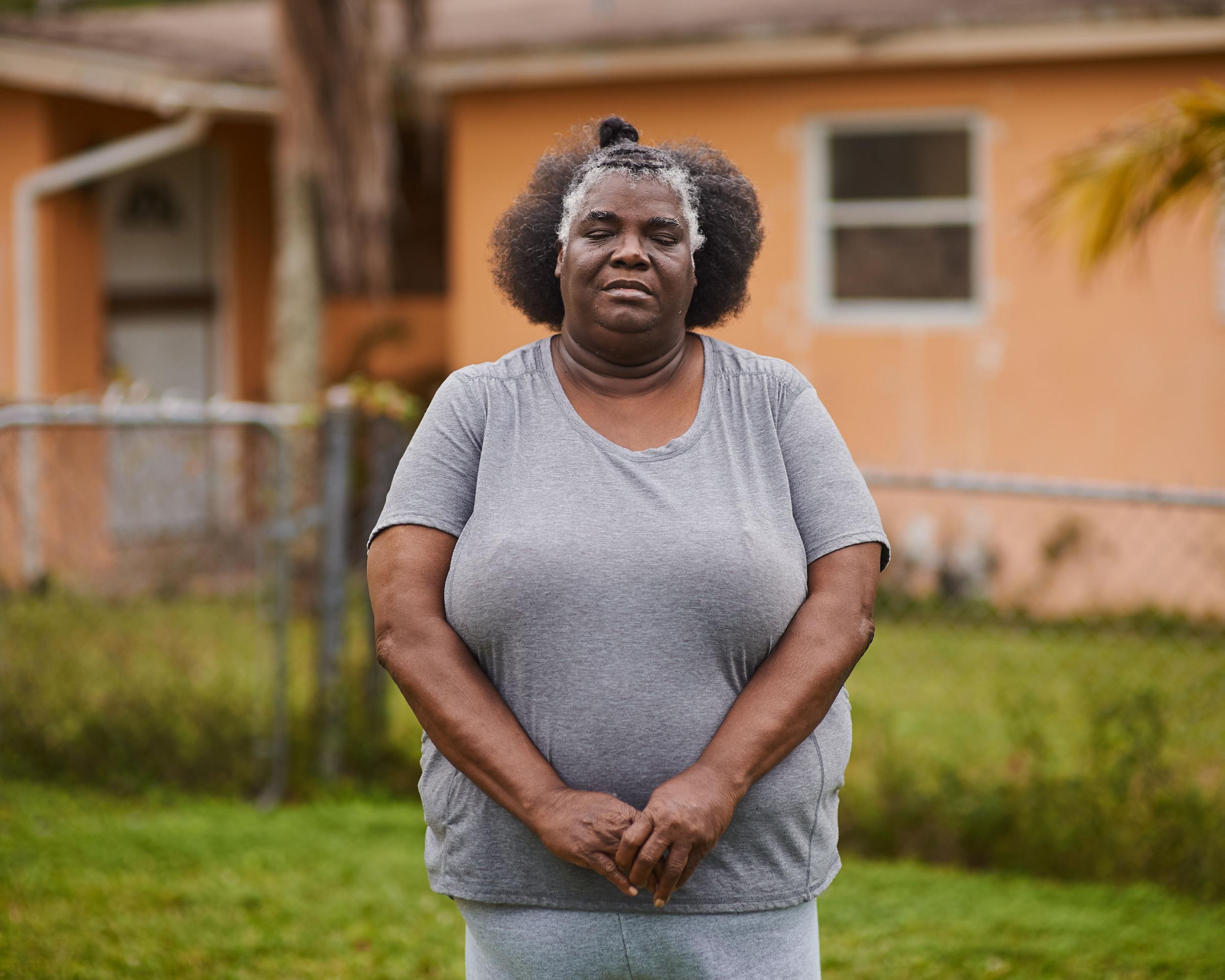
Carter was born into a different world – it seemed everyone was fascinated by her family history. There were television specials and award-winning books and magazine articles. Director John Singleton turned Rosewood into a feature film. Carter would watch her grandmother travel around the state during Black History Month to do presentations about Rosewood, telling audiences there were lessons to be learned from the past.
Now, as her grandmother gets older, it is more and more up to Carter to decide how she should present her family legacy. As she sat in her dorm room the night after her December exams, Carter said she wasn’t sure she wanted that responsibility. What good would it do? Her grandmother taught the story of Rosewood for years, and still a torch-carrying crowd of white supremacists marched through the University of Virginia. Those people, she figured, could not have looked very different from the mob that ran out her great-grandfather.
“Hate needs to be taught, and people in this country still hate,” Carter says. “Who’s teaching them?”
And over time, the splendour of the legislative achievement lost its luster. The scholarship dictated her college choices – it was a foregone conclusion that she would go to school in Florida, nowhere else. Carter was confident Famu, the state’s preeminent black university, was the right choice for her, but she saw flaws in the Rosewood bill. Even though she is in a six-year programme, the scholarship covered only four years of tuition, running out at the end of this academic year. She is paying for the other college expenses through grants and additional scholarships.
“I don’t want to sound ungrateful, because this scholarship is helping me get through college,” Carter says. “And I am grateful for that. But at the same time, so is financial aid. It just feels like a small olive branch.”
Nothing in their lives had prepared them to talk to anyone who had this foggy piece of family history in common
On a campus where so many struggle to pay their bills, Carter does not volunteer information that she receives a special scholarship. So she had never met another descendant on campus aside from her two cousins. When Carter heard that this reporter knew of others, she asked whether she could meet them. They had wanted to meet her, too.
On a grey and rainy day, Carter put on a pair of sweatpants and headed to the university quad. Past the lawn, on the steps of the old library, were two fellow students. One was a sophomore named Darshae Spells, the other a freshman named Chandrahasa Srinivasa.
“I’m Morgan,” she says.
“Are you a Rosewood?” Spells says under his breath.
“Yeah,” she says.
“That’s what’s up.”
The three stare at one another. Then they all giggle.
They make their way to a table in the student centre and grabbed food at Chick-fil-A. Between bites of chicken sandwiches, there is mostly silence. Nothing in their lives had prepared them to talk to anyone who had this foggy piece of family history in common, and Carter acknowledges to them she doesn’t fully know what to say.
At first they talk about the things that college students talk about: music, campus parties, their majors. Thirty minutes pass, and Spells finally broaches the subject of Rosewood. “There’s a movie about us in the Black Archives,” Spells says.
“My grandmother told me that movie is not accurate,” Carter says. She shakes her head and told them what she knows is fact.
“I’m a Goins,” Carter says. “My great-granddad is Oren Monroe. He and his sister were there when everything was going down. They ran through the swamps to get to Riviera Beach, which is where I’m from... I hate that I don’t know more, but that’s all I have right now.”
There is an awkward pause.
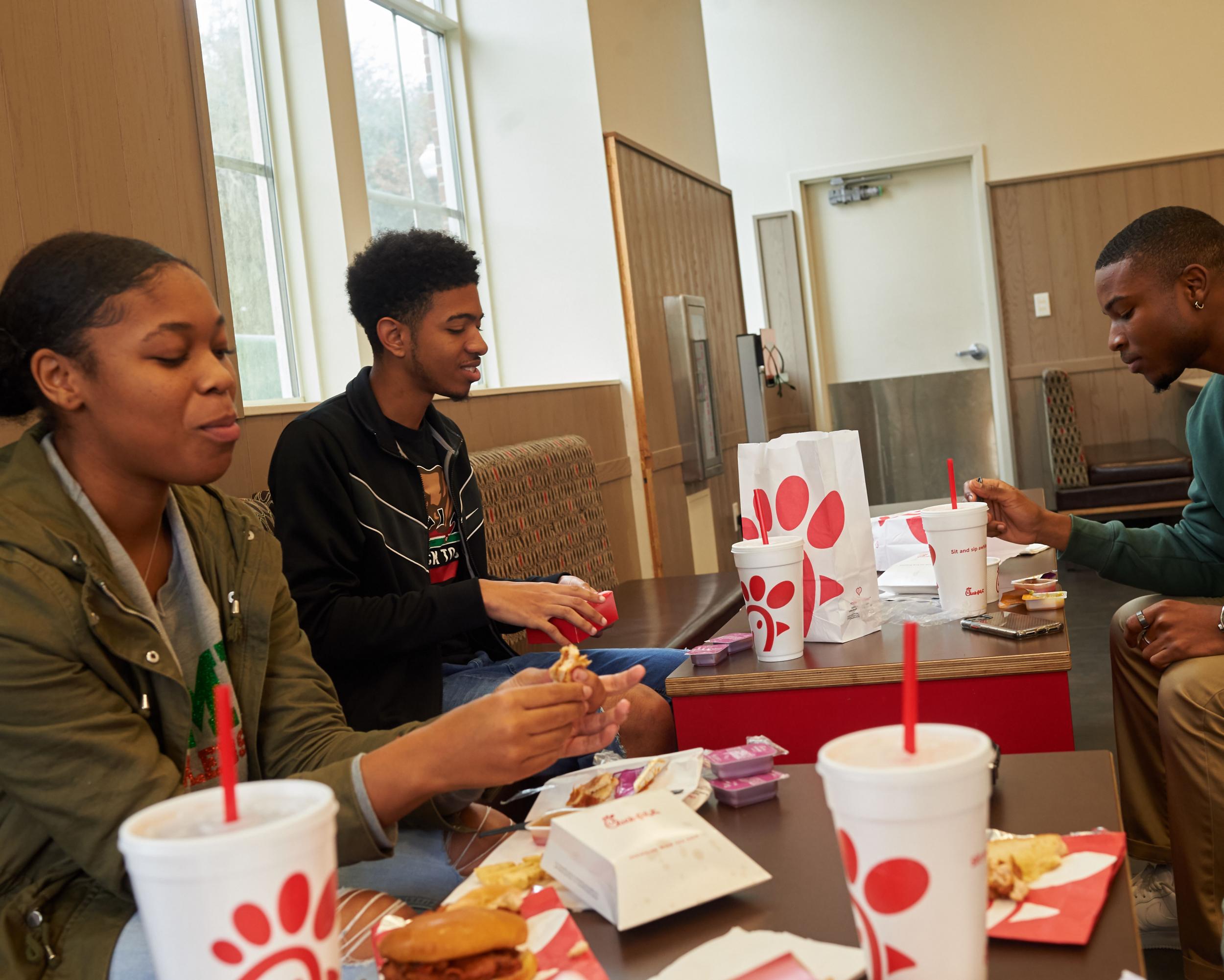
“But does your family really talk about it, though?” Carter says. “Because mine doesn’t.”
“No, they don’t really talk about it much,” Spells says. Growing up, he says, he didn’t know what happened until his junior year of high school, after he insisted on finding out why his family was not concerned with paying for college. That’s when his grandfather sat him down on the couch. He loaded the film version of Rosewood and told Spells that he is a distant cousin of Sylvester Carrier. (Carter is a distant relative of Carrier’s wife, Gertrude King.)
“I felt like, ‘Damn,’ ” Spells says. “That’s just a lot to think about before you go to college. It made me feel some pressure.”
“Me too,” Carter says.
“Me too,” Srinivasa says.
Reparations are cute, but I mean – this is probably just my opinion – but it’s not going to change anything. We’ve been oppressed for too long for just a hot $10,000 to suddenly erase everything
Srinivasa acknowledges he didn’t know much more about Rosewood except the name of his ancestor, William Crockett. Srinivasa was just thankful for the scholarship money, the thing he called “low-key reparations”.
The very mention of the word makes each of three students shift in their seats.
“Reparations are cute, but I mean – this is probably just my opinion – but it’s not going to change anything,” Carter says. “We’ve been oppressed for too long for just a hot $10,000 to suddenly erase everything. We’ll just go through this money and then be back where we started, before the reparations were handed out.”
“Yeah,” Spells says. “It’s almost like: ‘Here’s some money. Now shut up about it.’”
“I think there are other ways, instead of just paying people a check,” Srinivasa says. “Maybe if you give them, like, land or something, property.”
“But if they don’t have the money to pay the property taxes, they’re going to lose the land you just gave them,” Carter says.
The type of reparations that made sense to the three students would be similar to the type they were receiving – money for a specific incident of injustice. But if the Rosewood bill is supposed to provide some sense of healing for Rosewood families, it is clear to these students that the scholarship is not enough. The success of their elders – who used the scholarship to help build a better life for them – meant a college education was not particularly novel. In one generation alone, attaining a bachelor’s degree became a family expectation.
The three appreciate the scholarship as an acknowledgement of suffering, a payment of a debt that is owed. Still, it could not erase the pain that lived on within them. Four generations ago, their ancestors were fleeing their homes – hungry, shivering, unaware of what would come next. Now the descendants were at a Chick-fil-A, speaking about their paths to becoming a dermatologist, a pharmacist and a financier.
This was not the grand family reunion that the three imagined. They had little else to say to one another. Srinivasa starts trading cryptocurrency on his cellphone, Spells puts in his ear buds and Carter pulls out her umbrella. But as they prepare to leave, Spells asks one more question. It spoke to something they all had in common, a feeling all three had assumed was theirs and theirs alone. He asks, almost sheepishly:
“Do – you like talking about it?”
“No,” Carter says. “I hate it.”
“Me too,” Spells says.
Srinivasa nods his head.
“Me too.”
© The Washington Post
Join our commenting forum
Join thought-provoking conversations, follow other Independent readers and see their replies
Comments